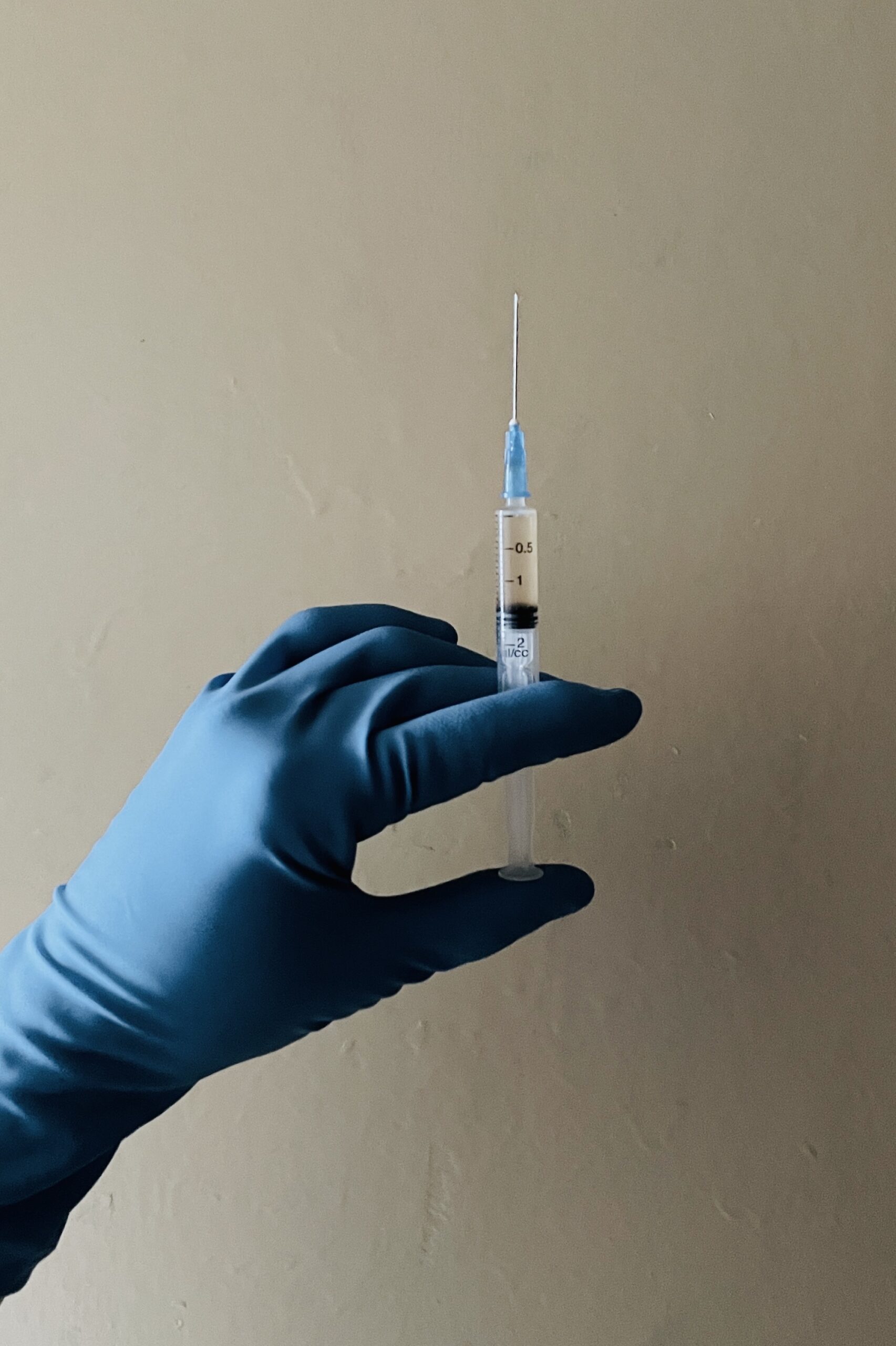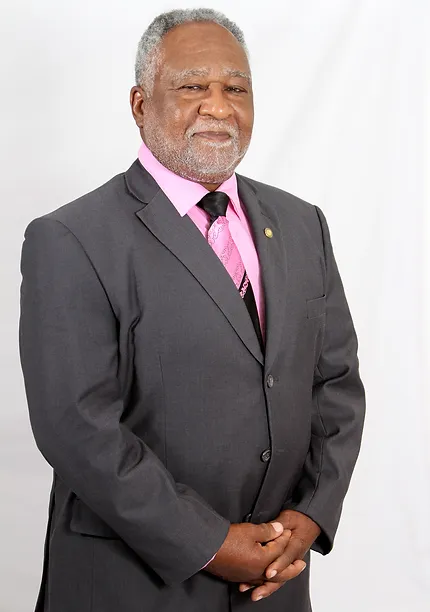Medical Mistrust
Why?
The distrust of medical research by communities of color is well earned. In the past, terrible things have been done to minorities in the name of science, by white doctors, and white scientists. Perhaps the most famous of these modern-day injustices is known as the “Tuskegee Project”. In this tragedy, hundreds of black men were abused by the United States Public Health Service and the Centers for Disease Control and Prevention. The goal of the study was to “observe the natural history of syphilis”. It began in 1932, when treatment did not exist. However, even after 1947, when penicillin was proven to be an effective treatment, these men received only fake therapy, and remained without treatment until 1972, when the experiment was leaked to the press.
Thankfully, our country has learned from these injustices. We have implemented many safeguards to make certain that every person involved with research is treated with dignity, respect, and above all, full knowledge of the risks and benefits of participating in FDA sponsored medical research.

Current medical research safeguards include:
1.) Internal Review Board
Every research trial must have the approval of an IRB to begin and continued oversight by the IRB is required to continue. The IRB typically consists of community members that represent different races, religions, sexes, and ethnicities. These members cannot be hired or fired by the research team. They are completely independent and can stop a research trial at any time. The IRB’s focus is to protect patients and families from dishonest practices and to make certain that research participants are fully informed of the risks and benefits of all aspects of a research trial. Every participant is given the contact information for the IRB so that he/she can report any concerns. It is the obligation of the IRB to protect patients and families.
2.) Consent Form
Every research trial has a consent form explaining the following in plain language:
3.) Inspections and Audits
All facilities are inspected on behalf of the pharmaceutical company or agency sponsoring the research to make certain they are safe and appropriate. Regular visits are conducted by these same bodies to make certain research is conducted ethically. The FDA reserves the right to inspect and audit at any time of their choosing.
4.) Assignment of Responsibility
One person for every trial, at every research site, is listed as the “Principal Investigator”. He or She is the captain of the ship and accepts responsibility for all actions at the facility. By putting this responsibility on a single person, it eliminates the possibility of spreading blame and therefore increases oversight by a person with the ability to stop poor or unsafe practices.
5.) Good Clinical Practice
On a regular basis, all personal involved with medical research must take, and pass an FDA approved course on ethical practices in research.
Your Questions Answered
With special thanks to Columbus City Council Member, Jerry “Pop” Barnes, we have compiled a number of important questions that he believes are frequently asked in communities of color. Pop served us all for decades as a medical professional in the U.S. Armed Forces, Council Member, and tireless advocate for the underserved, and the prosperity of Columbus.
If you have a question that you feel should be addressed in this area of the website, please submit it HERE

Question 1 … How do we know this research trial is not another “EXPERIMENT”?
All research done in the U.S. must conform to the principles set forth in The Belmont Report or it cannot occur.
Question 2 … How do you get involved in a trial?
Getting involved is simple. Just fill out our Trial Registry Form and a coordinator from Columbus Memory Center will contact you. Research Studies are completely free, no insurance is necessary, and you will receive compensation for your time. Studies will reimburse you for travel and hotel room if you live outside of a reasonable distance. Any testing, such as genetic testing, MRIs and PET scans are all covered by the study.
Question 3 … What is the length of the trial?
There are a number of factors that determine the length of a trial. They can be as short as a few months or as long as several years. When you consider a trial, you will be told about the length of your potential involvement and the frequency of needed visits in advance. When you enter a trial, you always have the right to quit. There is no penalty of any sort for leaving a trial.
